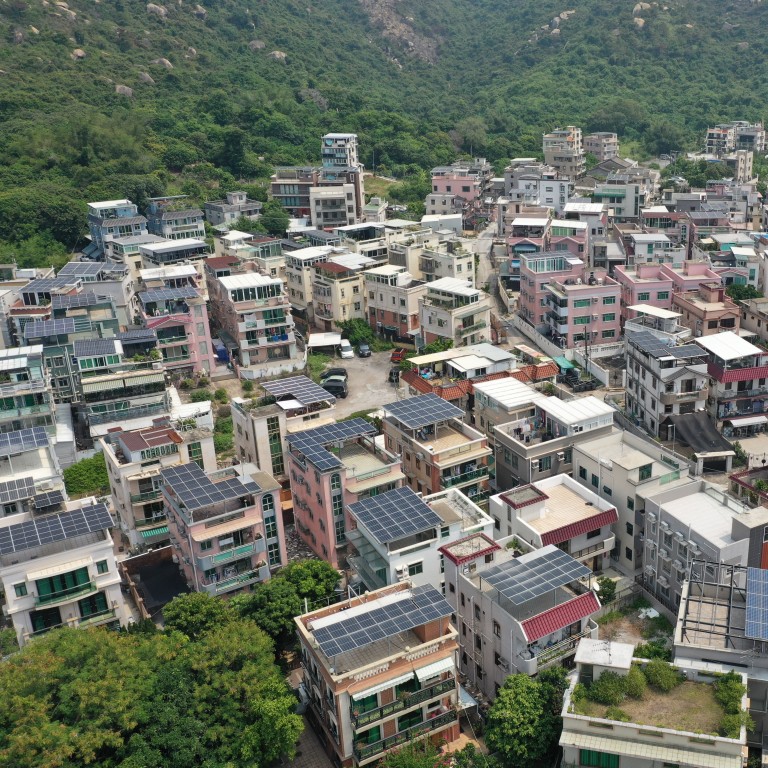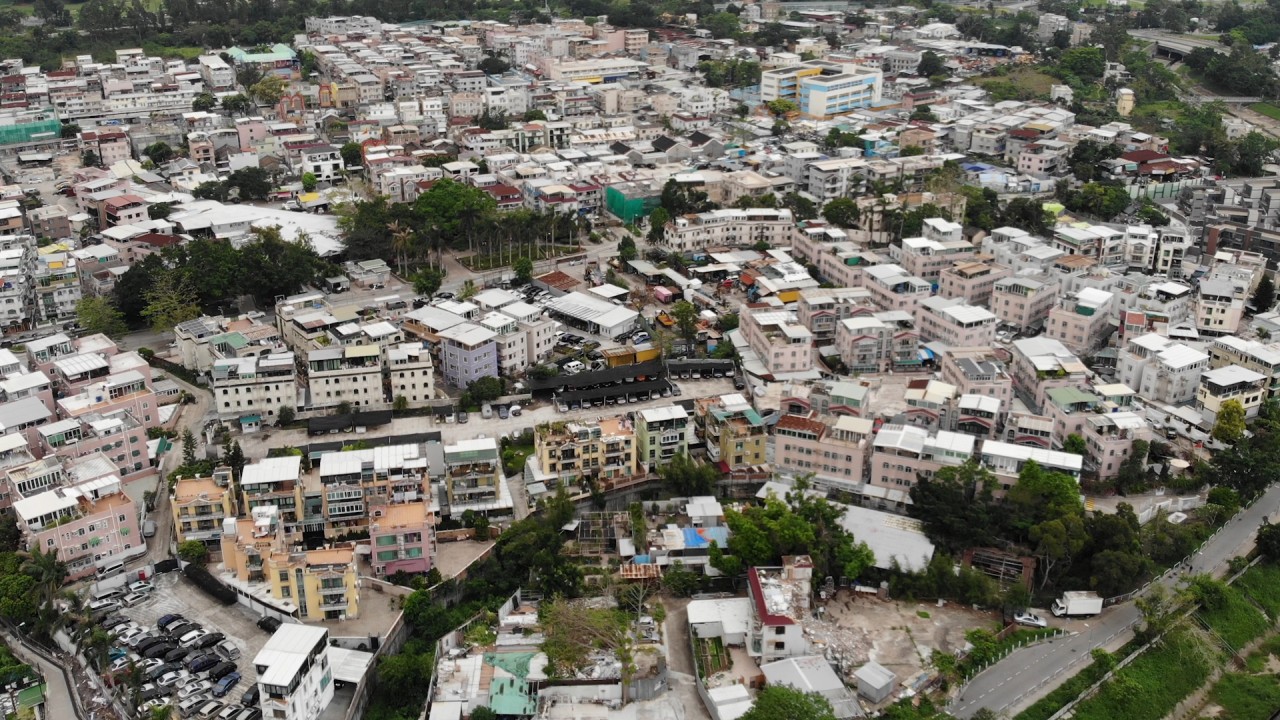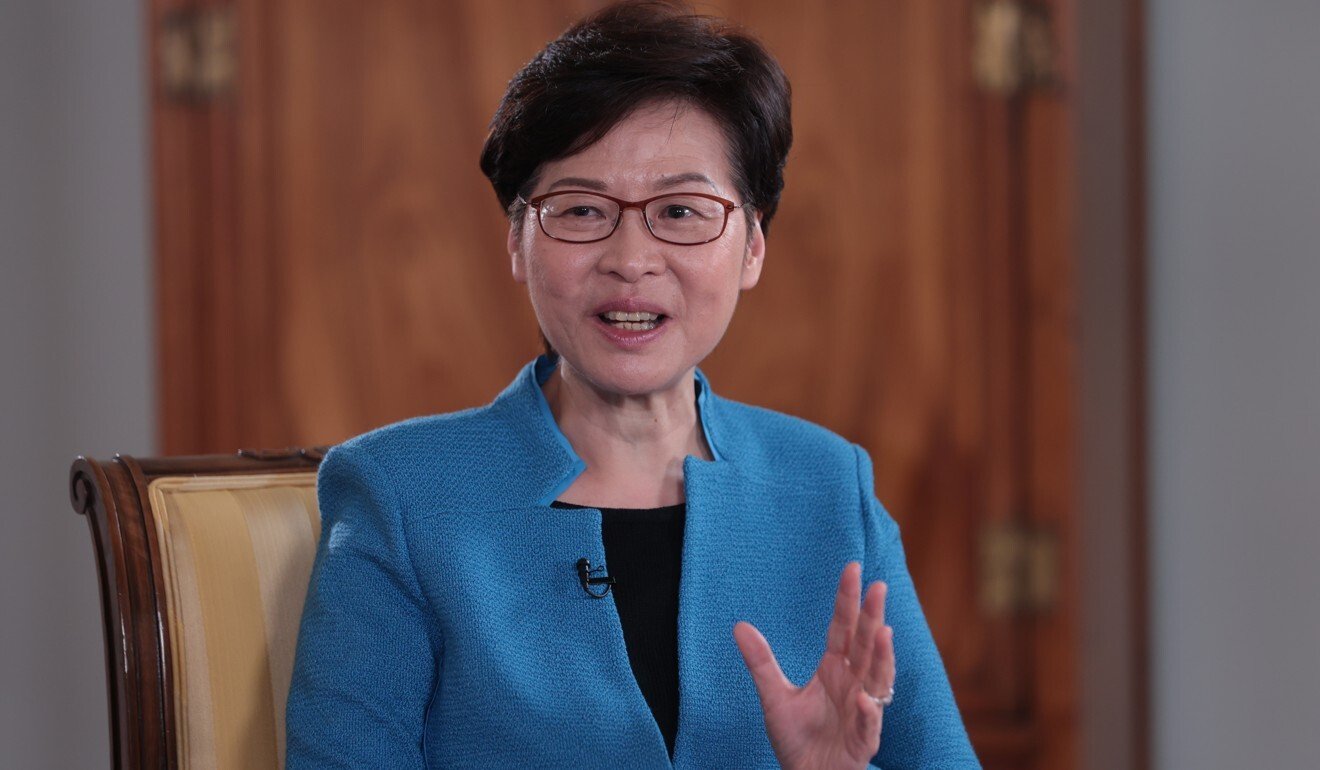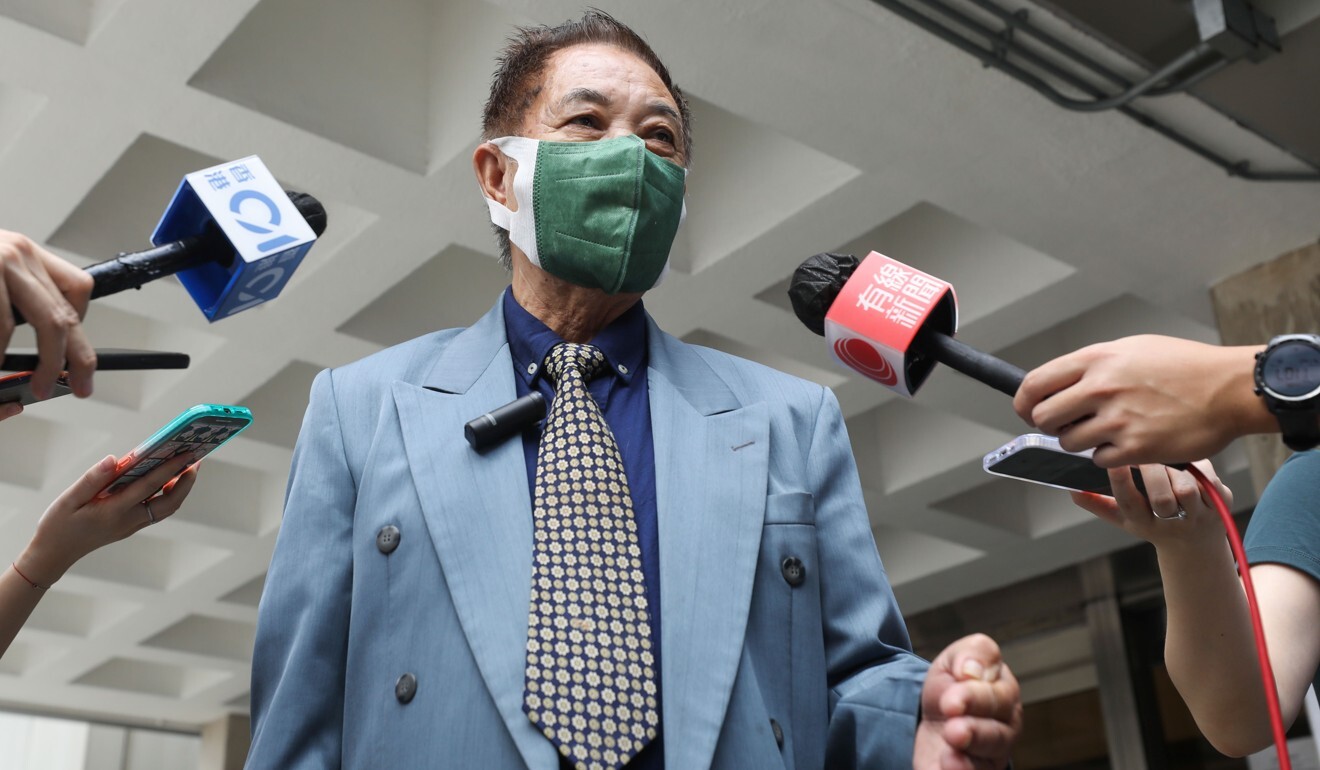
Explainer | What is Hong Kong’s small-house policy and will top court ruling affect development?
- Right allowing adult male indigenous villagers to apply to build houses up to three storeys has been called discriminatory and prone to abuse
- Land concern group warns ruling could lead to explosion of construction, but town planning official says restrictions ensure that will not happen
Hong Kong’s top court on Friday upheld the exclusive right of indigenous male villagers in the New Territories to build three-storey houses, ruling that the controversial small-house policy was constitutional in its entirety.
Below, the Post unpacks the landmark decision and its implications for space-starved Hong Kong.
Court upholds traditional right of male villagers to build on Hong Kong land
What is the small-house policy?
The policy, enacted in 1972 under British colonial rule as a temporary housing measure, allows adult male indigenous villagers, or ding, to build a house up to three storeys, with each floor limited to 700 sq ft – on their own land within a recognised New Territories village without having to pay a land-use conversion fee. Such a fee would be hefty under today’s high property values.
If they do not own land, villagers can also lease a plot from the government at a concessionary premium through the Private Treaty Grant system, or through land exchange agreements with the government, also for a reduced premium or none at all.
More than 42,000 small houses have been built over the years.

01:35
Hong Kong’s small-house policy: indigenous rights or unfair advantage?
Why is it so controversial?
Both the government and the Heung Yee Kuk, the rural powerhouse representing villagers’ interests, conceded that discrimination was entrenched in the policy but countered that it was one of “the lawful traditional rights and interests of the indigenous inhabitants” protected by Article 40 of the Basic Law.

Hong Kong has been ranked the world’s most unaffordable housing market for the 11th year in a row, and it would take 20.7 years on average for a family to afford a home in the city, according to the annual Demographia International Housing Affordability study. Beijing has also repeatedly called the housing shortage a deep-seated problem that must be addressed.
An official task force on land supply reported in 2018 that there were about 900 hectares (2,220 acres) of government land reserved for small houses but not yet allocated.
Hong Kong male villagers’ small-house rights fully restored after ruling reversal
How has the policy been abused?
Eligible male villagers cannot sell their building rights but are free to sell the small houses they build after paying the land fee they had been exempted from earlier.
But some private developers have been known to enter into secret deals with eligible ding villagers, including many who have no land or may even have emigrated, to game the system.
Typically, the developers pay willing men to go along with a scam to apply to build small houses on land owned by the developers, not villagers.
Once the applications are approved, the developers build the small houses, pay the land fees and then sell the properties for a huge profit.
The Development Bureau said it had received 608 complaints about the illegal sale of ding rights last year and investigations were under way.

How did the judicial challenge play out?
The first serious legal challenge against the colonial-era policy did not emerge until 2015.
The judicial review was initiated by retired civil servant Kwok Cheuk-kin, who was later joined by social worker Hendrick Lui Chi-hang, after 11 indigenous villagers were jailed for up to three years for a scam in which they sold their land rights for profit.
Kwok and Lui scored a partial victory in 2019 when the Court of First Instance stripped male villagers of the right to exercise their exclusive privileges on public land. The court said villagers could only build small houses on private land they owned.
Powerful rural body defends Hong Kong small-house policy, takes aim at ‘busybody’
None of the parties – the applicants, the government and the kuk – were happy with the partial endorsement of the policy and challenged the decision.
The Court of Appeal overturned the ruling in January, concluding that the policy was “constitutional in its entirety”, and allowed villagers to continue building houses not just on land they owned, but also on plots swapped with, or granted by, the government.
The case was then taken to the Court of Final Appeal.
At a hearing last month, Kwok’s lawyers argued that the anti-discrimination provisions in the Basic Law and the Hong Kong Bill of Rights qualified and limited the scope of Article 40, while the respondents countered it was the other way round.
On Friday, the court concluded that the latter analysis was correct, given that “the specific prevails over the general” as a principle of statutory construction and Article 40 was a specific provision dealing with the special position of a particular class of people.
Unless [Article 40 of the Basic Law] makes the small-house policy immutable (a question which we do not decide), it may change
While Article 40 does protect the traditional rights of indigenous villagers, it does not mention small houses.
The court also noted that the small-house policy “never had a statutory basis” but instead was based on several building ordinances.
However, the court also noted that the protection only stood while the policy remained in force in its current form, adding the right was an “inherently imperfect” one because it had never had a statutory basis and was subjected to the discretion of the Lands Department.
“Unless [Article 40 of the Basic Law] makes the small-house policy immutable (a question which we do not decide), it may change,” the judgment read.
Small-house policy: why not all Hongkongers are born equal
How will the judgment affect land development?
Brian Wong Shiu-hung, a member of land concern group Liber Research Community, said he was worried the judgment could lead to a relaxation of town planning rules, which could result in a proliferation of small houses.
“It really depends on how the government adjusts its land policy. Will officials expand the areas earmarked for villagers to build small houses? If the regulatory framework is eased, the villagers will be competing with other land users in Hong Kong, which is not right,” he said.
“Authorities are also working to amend planning rules by cutting short the public consultation process. If there are fewer chances for the public to express their opinion, there will be fewer checks and balances.”
Hong Kong court battle over controversial small-house policy reaches end stage
Wong said the government needed to be more stringent when checking small-house applications and look for signs of attempts to abuse the policy, including whether the applicant lived in the city and if there was division of lots on the plot of land.
But Lawrence Poon Wing-cheung, a Town Planning Board member, dismissed suggestions that the ruling would spark a wave of applications to build small houses across the New Territories, noting that there were restrictions on where they could be built.
“Now there is no reason for villagers to rush to apply because the Court of Final Appeal recognised their rights in the judgment. Even if they do now, they will still need to go through the town planning process,” he said.

